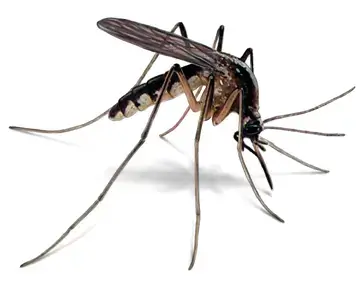Termite Control
TERMITE CONTROL
Treat an infestation and create a barrier against future damage.
Termite Control Overview
Prevent and Protect
Prevent & Protect Overview
Block future pest infestations and fortify your property.
Prevent & Protect Overview
Orkin Difference
ORKIN DIFFERENCE
Orkin’s commitment to science is your competitive advantage.
Explore what makes Orkin different
English

-c7285d4e-0485-4ab5-ab8e-c1b84992db69.png)
-238b3860-d9a7-4b1e-b3fb-6372b2c25e97.png)
-01a3d8a2-2826-4df6-a61d-ff8234ecf3a6.png)

-bb172f9e-3a97-48f4-acc9-675ea104801c.png)



